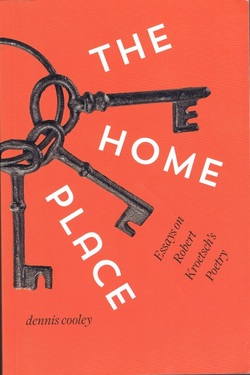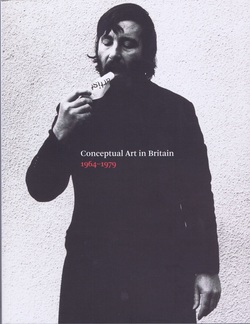
This is an enjoyable book – almost as enjoyable as many of Robert Kroetsch’s long poems. Cooley borrows some of Kroetsch’s tall-tale methods, particularly the orality of the pub (the Canadian “prairie pub” Cooley would insist) filled with Kroetsch’s “A-1 Hard Northern Bullshitters” – “bullshitters” even gets a place in the book’s index. Cooley tends to write like one of those, inflating his subject, exaggerating his diction, seldom using only one word when ten more possibly better words are available. So the book isn’t nearly as long a read as it looks – unless the reader gets hooked on the long chains of appositives. And indeed they can be entertaining.
Cooley doesn’t appear to have much affection for the work of other literary critics, however, mostly because they write, he believes, in a “fairly studied voicing that derives from print culture,” a “formal voice” that “normally would mark a statement as credible,” “forbidding paragraphs, crowded with long complex sentences, prolonged statements, and amplified arguments” (257). So in his own printed book here he tries to avoid discourses of print culture, offering instead seemingly impulsive outbursts and runaway expostulations. I write “seemingly” because of course one can never know how much conscious effort it has cost him to construct these. Pages 269-281 read like an episodic prose poem written in response to the 1974 Kroetsch essay collection Robert Kroetsch: Essays. He praises Kroestch here because he “violates the givens of discursive writing” (271), creates “a violation of traditional criticism.” “The offences include dividing the text into sections that deny any seamlessness we may prefer” (273). Meanwhile on these pages Cooley has been creating similar sectional violations.

 RSS Feed
RSS Feed